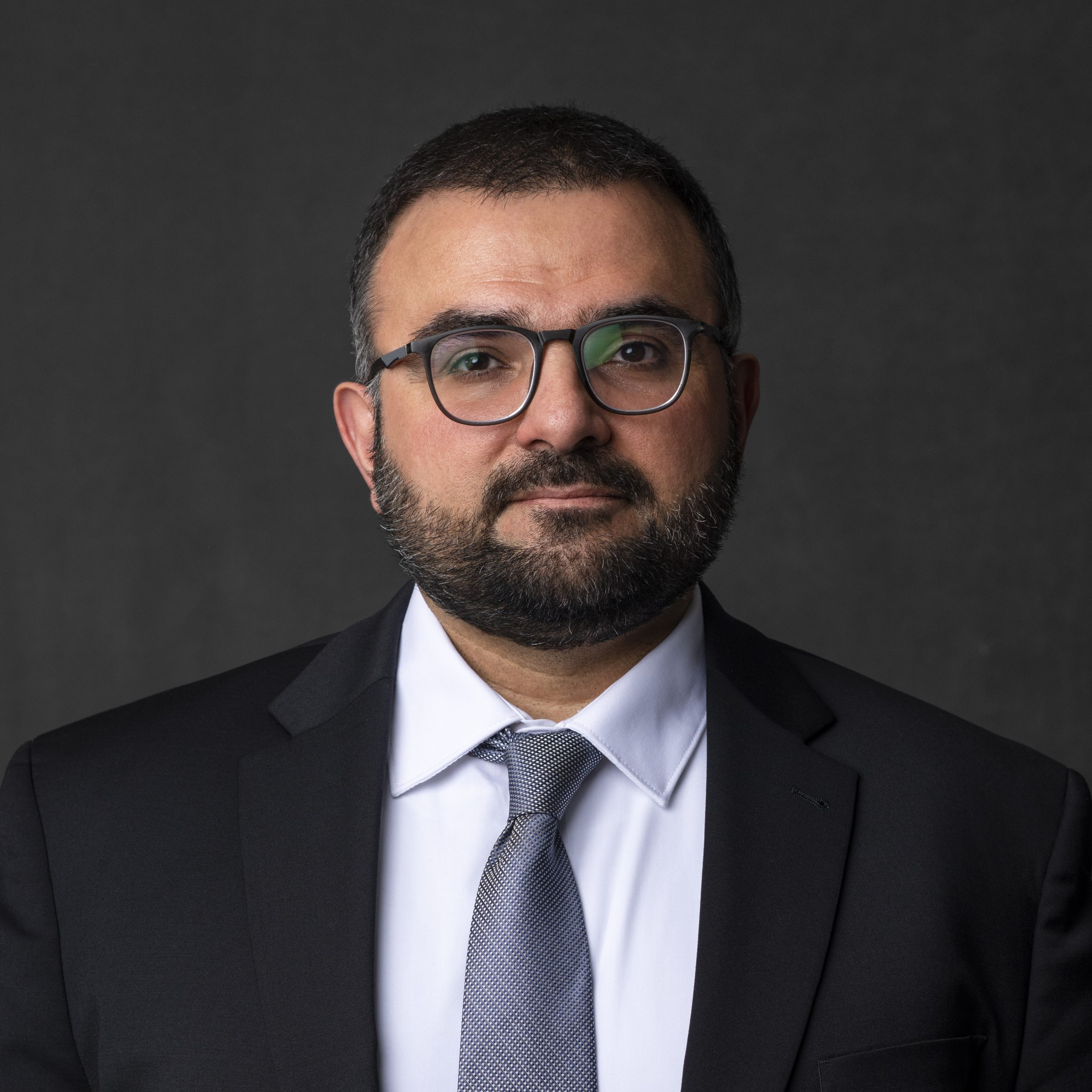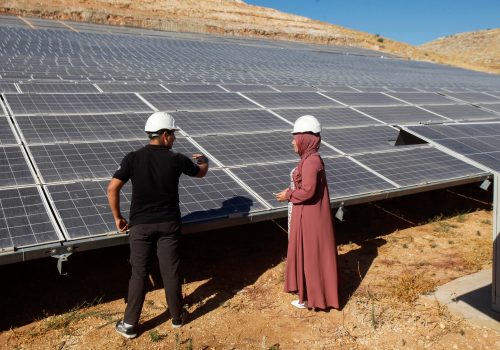Events
All Content
Amin Mohseni-Cheraghlou was the macroeconomist with the GeoEconomics Center (2021-2024) and a Senior Lecturer of Economics at the American University in Washington, DC. During his 3-year tenure at the Atlantic Council, he developed and led GeoEconomics Center’s Bretton Woods 2.0 Project and frequently contributed to the Center’s analytical outputs on various issues related to the global economy and international finance. Previously he served as a research economist and consultant in different departments of the World Bank between 2007 and 2020. Most noticeably, he was part of the core team at the World Bank working on several rounds and updates of Bank Regulation and Supervision Survey, Global Financial Development Report, and leading the development of Global Financial Development Database. Amin’s areas of expertise are development macroeconomics, energy economics, and international financial and trade relations with a focus on US, China, and the MENA region. He holds a Ph.D. in Economics, an M.A. in International Development, and a B.S. in Electrical Engineering.




